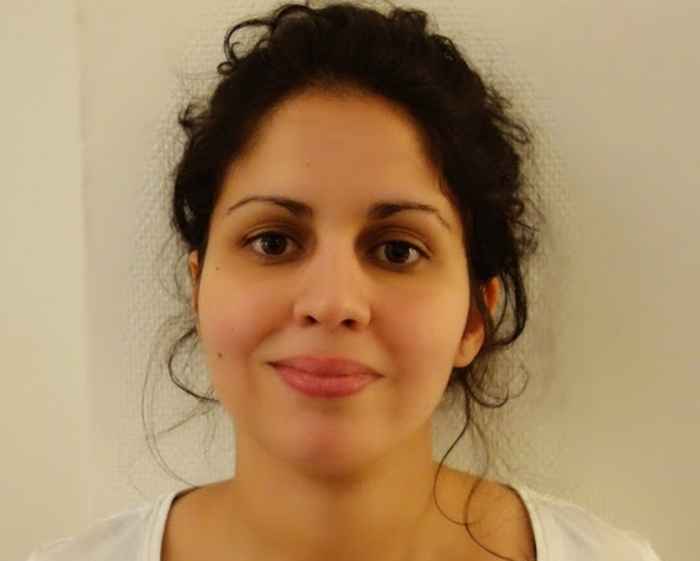Dr Hinda Haned
Data Science (MSc Information Studies)

Dr Hinda Haned acquired a Bachelor’s degree in Applied Mathematics, a Master’s degree in Applied Statistics at the Université Claude Bernard Lyon 1, and focused her PhD research project on developing forensic statistical tools at the same university. Next, she joined the Netherlands Forensic Institute (NFI) as a Research Statistician. Pursuing more diverse research opportunities, she joined Ahold's HR Analytics team, where she is currently supporting projects focusing on business analytics.
What qualities should a future data scientist have?
‘As a data scientist you are never in your comfort zone, as you will always be working on problems that are messy, and at first you often don’t even know what they mean. To handle these challenges, a rather diverse set of qualifications is required. First, of course, a solid understanding of statistics, mathematics and programming is essential. This allows you to understand the shortcomings and benefits of any available research method. When our team hires new people, math and programming skills are always the first things we look for.
Secondly, your ability to work in a team, prioritising, communicating and managing your time is just as important. A future data scientist will often need to be half scientist, half manager, capable of bringing the right people together, and overseeing a project from start to finish.
This may sound challenging, and it certainly is, but it is an incredibly exciting and creative field to work in. Data science is part of everyone’s life now, and could bring enormous progress to healthcare, business, government, charities and society as a whole. A Master’s programme that helps you develop these skills and challenges you in all aspects of being a data scientist could give you a great advantage.’
What have you learned about the field of data science that surprised you?
‘While some may not expect it, there are actually many positions in both the public sector and the corporate world that stimulate your personal growth, allowing you to be creative and follow your curiosity.
Also, you don’t have to understand every single business-related detail or be really interested in economics to enjoy solving problems for a corporate client. It’s all about translating the questions to data science problems that can inspire and challenge you, wherever they originate from.
Another thing you may need to learn is how to say ‘No’. When you’re the team’s Data Scientist, there will be a lot of people expecting all sorts of answers when they hand you data sets of varying quality. It is your job to not only explain what you can do with it, but also what you can’t. It’s up to you to make sure their expectations are realistic.’
What would you say to anyone who enrols in our Data Science track?
‘As you start your path towards becoming a data scientist I would encourage you to challenge yourself in all of the aspects I mentioned earlier. Experience different situations, so that you’ll be ready to adapt to any challenge that may be thrown at you.
Furthermore, when you start looking for an internship or a job , there are a lot of companies that present themselves as working on challenging data science or machine learning projects, and that is often untrue. Beware of job postings where companies expect you to be proficient with SPSS or Excel. Stay away from those positions. Look for companies who want you to be proficient in programming languages such as Python and R; they know what they’re talking about. Be picky, choose an organisation that gives you the opportunity to grow.’